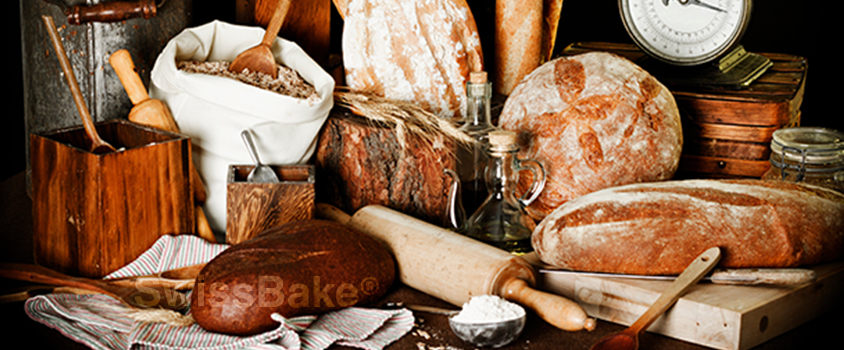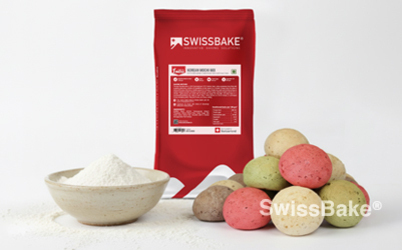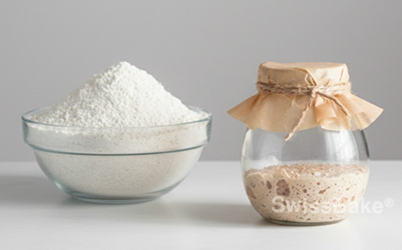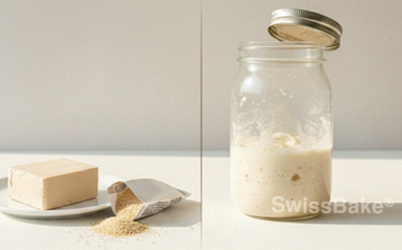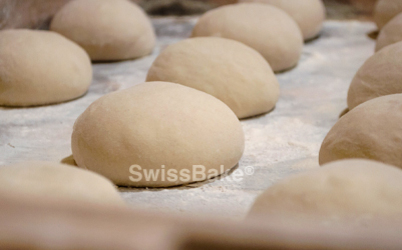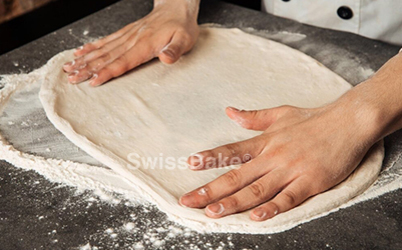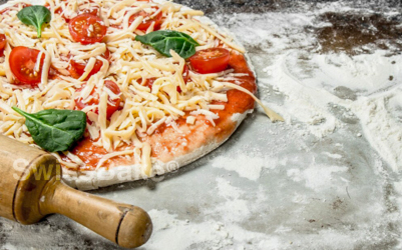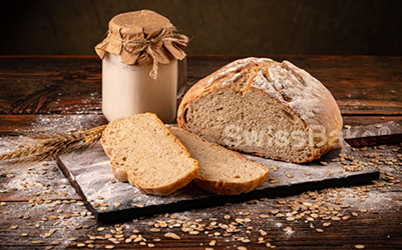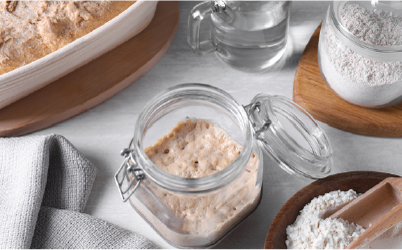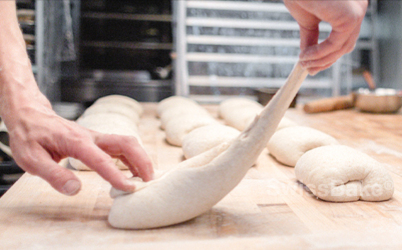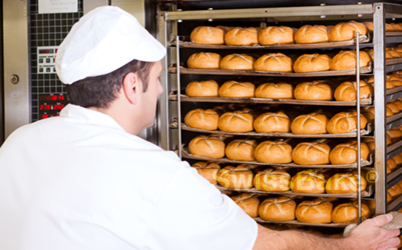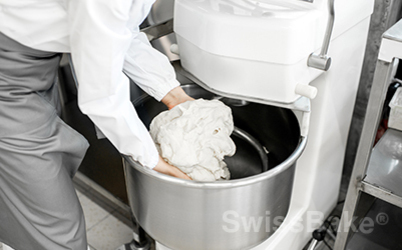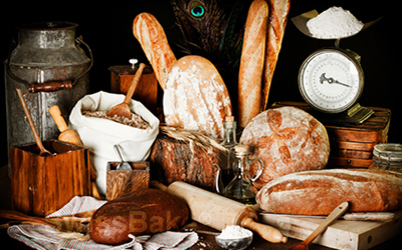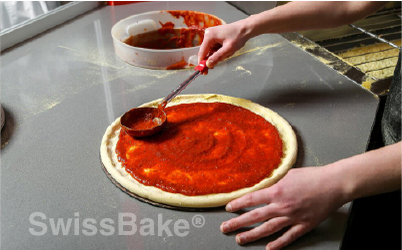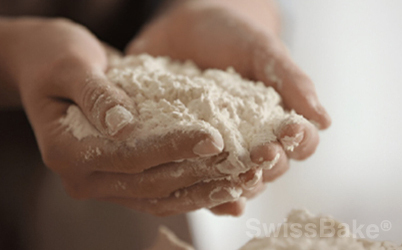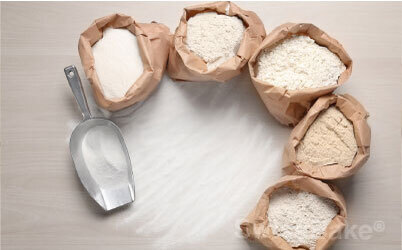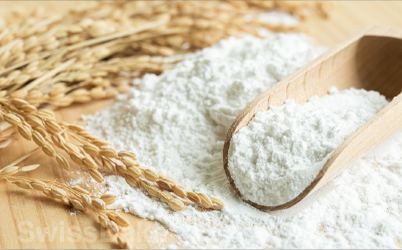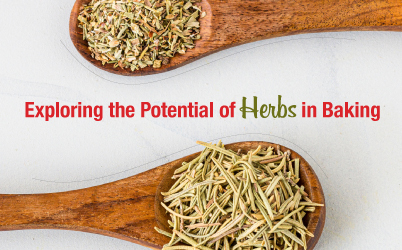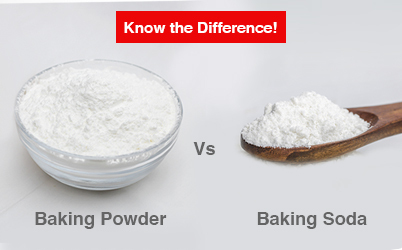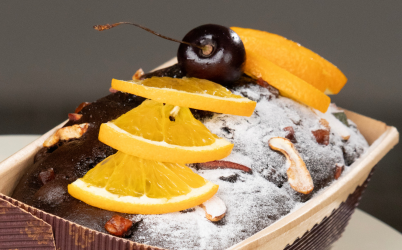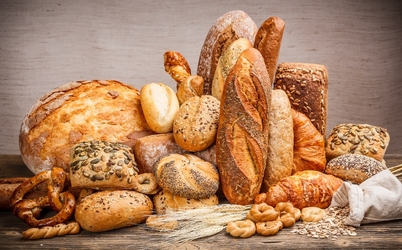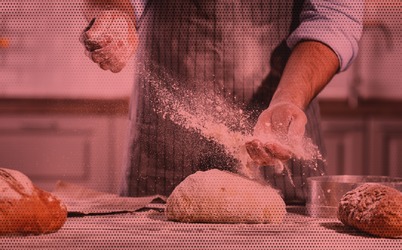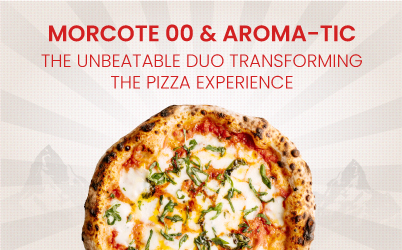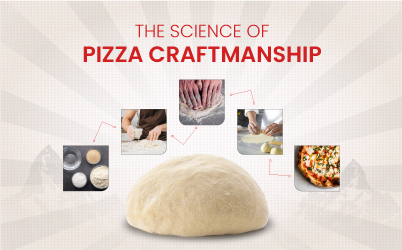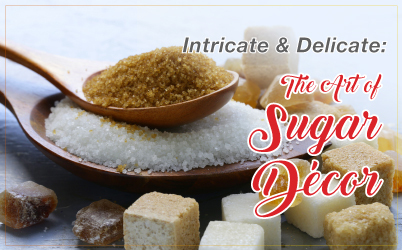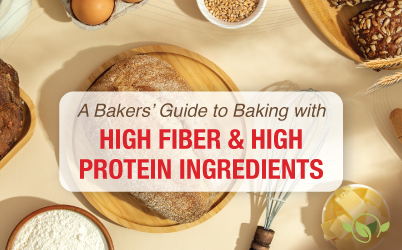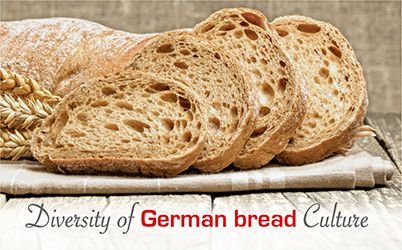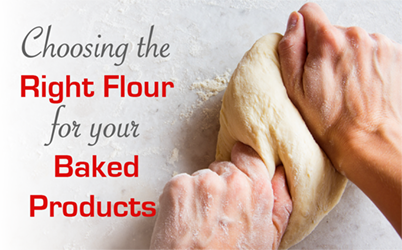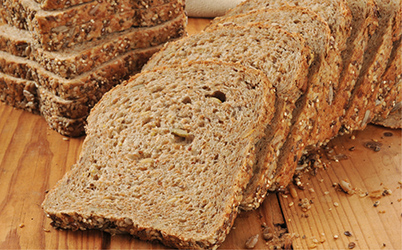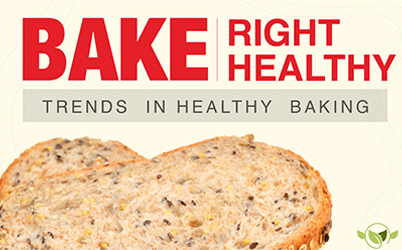Scaling Up Artisanal Recipes for Professional Kitchens Without Losing Authenticity
The charm of artisan baking lies in its authenticity — the slow fermentation, mindful shaping, and the layered flavors that stem from age-old traditions. However, for hotels, large cafés, and cloud kitchens aiming for consistent results across multiple locations, adapting these methods to central kitchen production presents a unique challenge. How can you scale artisanal recipes without sacrificing their authenticity?
This article uncovers the best practices for scaling handcrafted baking techniques, ensuring that every bite still reflects the story of quality and tradition — no matter where it’s produced.
Why Scaling Artisan Baking Is a Strategic Advantage
In today’s highly competitive foodservice sector, the ability to replicate artisan-style baked goods at volume is a major advantage. With rising demand for sourdough, rustic loaves, and naturally fermented breads, restaurant and hospitality chains want the appeal of handcrafted products — without the operational hurdles.
Yet scaling up isn’t just a matter of increasing recipe size. It demands careful calibration of ingredient ratios, fermentation controls, dough hydration, and most importantly — process consistency.
Why Scaling Up Artisanal Recipes is a Challenge?
Scaling artisanal recipes involves more than just increasing batch size. Traditional baking depends heavily on:
-
Long, slow fermentation
-
Natural leavening like sourdough
-
Manual shaping and gentle proofing
-
High hydration, minimally processed dough
-
Small-batch baking to optimize crust and crumb
On the other hand, central kitchens prioritize:
-
Speed and production efficiency
-
Batch-to-batch consistency
-
Simplified ingredient management
-
Compatibility with automated systems
The real challenge lies in preserving the artisanal product’s unique traits — texture, flavor, aroma — while aligning with the demands of a high-throughput production setup.
1. Start with Standardization, Not Compromise
One common mistake is oversimplifying a recipe for volume. Instead, begin by converting your original recipe into a standardized format using baker’s percentages. Replace volume measures with weights, and clearly define:
-
Dough temperature
-
Fermentation time (bulk and final)
-
Hydration and water absorption
-
Stretch-and-fold cycles
-
Dough handling protocols
These benchmarks become your foundation for consistent scaling, not compromises.
2. Optimize Mixing & Dough Development
Small-scale artisan bakers often rely on gentle mixing or hand-kneading. In contrast, central kitchens use spiral or planetary mixers with high torque — which alters gluten development and dough characteristics.
To adapt:
-
Test development stages in your production-scale mixers
-
Avoid overmixing that can lead to oxidized dough
-
Use autolyse or delay salt addition for better extensibility
-
Control final dough temperature using chilled or warm water
This ensures your large batches maintain the same quality structure as your original formulas.
3. Manage Fermentation with Precision
Fermentation is the cornerstone of artisan flavor. At scale, this requires careful temperature and time management.
Key techniques:
-
Use retarder units or controlled cold-proofing to extend fermentation
-
Program proofers to regulate humidity and temperature
-
Switch to dough boxes for bulk fermentation to mimic hand-folding behavior
-
For consistency, consider natural sourdough powders (more on this in an upcoming piece)
Steer clear of quick fixes like chemical leaveners if you want to maintain an artisan-quality profile.
4. Incorporate Functional Ingredients (Without Losing Soul)
Artisan baking doesn’t exclude innovation. Functional ingredients can bridge tradition and scalability. High-quality premixes and baking concentrates help retain artisanal qualities — like open crumb and lasting crust texture — even in large volumes.
These ingredients support:
-
Greater dough stability
-
Improved moisture retention
-
Longer shelf life without additives
-
Reliable crumb and crust across variable conditions
Choose clean-label solutions — enzymes, improvers, and conditioners — that complement natural flavors instead of masking them.
5. Pre-shaping and Freezing: Central Kitchen Secrets
To harmonize scale with craftsmanship:
-
Use cold bulk fermentation for flavor and flexibility
-
Pre-shape and freeze dough (not baked goods) for better freshness
-
Apply blast freezing to lock in dough structure and fermentation
-
Store in monitored cold chains with FIFO rotation
This method allows satellite kitchens to thaw, proof, and bake on demand — delivering artisan freshness with minimal skill requirements.
6. Train for Technique, Not Just Process
Even in automated environments, human technique matters. Artisanal doughs require a nuanced touch that machines can’t fully replicate.
Invest in training staff to:
-
Identify dough readiness by touch and texture
-
Apply traditional folding and shaping with efficiency
-
Read proofing and fermentation signs visually
Well-defined SOPs based on artisan sensory markers — not just timers — lead to consistent quality that respects tradition.
7. Batch Testing & Continuous Refinement
Scaling artisan recipes is an ongoing refinement process. Regular comparisons against the original benchmark are vital.
Recommended practices:
-
Weekly product reviews involving outlet chefs
-
Blind taste testing between small-batch and scaled-up versions
-
Seasonal adjustments for flour hydration and fermentation behaviors
With this iterative process, quality control evolves over time — ensuring each product stays true to its artisanal identity.
Conclusion
Scaling artisanal baking for central kitchens isn’t a compromise — it’s a discipline in itself. By mastering dough science, using functional ingredients strategically, and building process-driven consistency without losing craft, commercial bakers can achieve both volume and authenticity.
In a world where shortcuts often overshadow substance, preserving the spirit of artisan baking — even at industrial scale — becomes a true market differentiator. With the right systems, scaling up doesn’t mean selling out. Instead, it becomes a smarter, science-backed way to share the art of baking on a larger stage.
SwissBake®, with its innovative range of bakery premixes, sourdough powders, and performance enhancers, empowers bakery professionals to scale without compromise. For bakeries committed to keeping tradition alive in modern kitchens, the fusion of authenticity and technology is no longer optional — it's the future.

